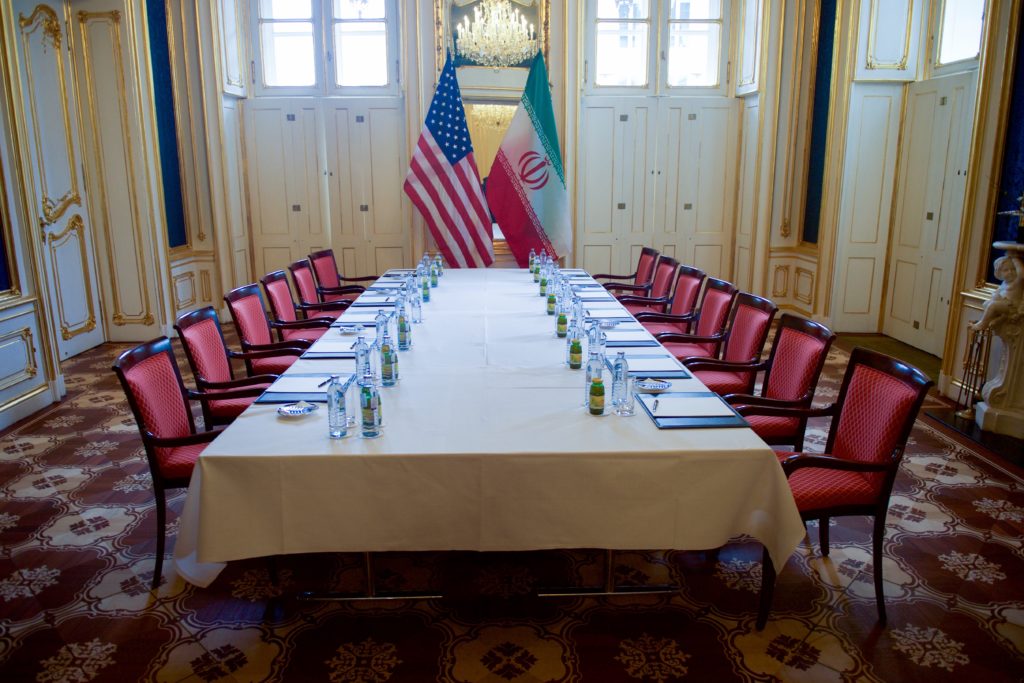The Peninsula
South Korea’s Adaptable Engagement with Iran

What Happened
- During his visit to Iran, South Korean Prime Minister Chung Sye-kyun said that South Korea should “quickly return” the USD 7 billion in Iranian assets frozen as a result of U.S.-led sanctions.
- PM Chung also expressed South Korea’s willingness to provide Iran with humanitarian aid, and stated that Seoul would be willing to support future negotiations on the Iran Nuclear Deal.
- The meeting comes shortly after Iran released a South Korean ship that was detained over Iranian claims of pollution, though it is widely believed the ship was detained in order to pressure Seoul to return the frozen assets.
Implications: U.S. outlook towards Iran shapes South Korea’s commercial policy options in the region. With the Biden administration considering recommitment to the Iran Nuclear Deal, Seoul has been exploring more varied options to thaw commercial ties with the still-sanctioned Iranian state. South Korea’s treatment of frozen Iranian assets provides insight into Seoul’s growing comfort with this engagement. Responding to the previous U.S. administration’s open hostility towards Iran, South Korea had avoided satisfying Tehran’s demand for the repatriation of these assets. Instead, Seoul had used indirect channels such as the purchase of medical supplies to partly fulfill Iran’s demands while still abiding by the U.S.-led sanctions regime. Seoul’s recent affirmation of its intent to return Iranian assets suggests that South Korea is responding to the new Biden administration’s more amicable posture towards Tehran.
Context: South Korea and Iran began trading in South Korean won instead of U.S. dollars in 2010 to avoid a potential violation of U.S. sanctions on Iran. However, as the Trump administration withdrew from the Iran Nuclear deal in 2019 and sanctions were resumed, USD 7 billion in Iranian assets were frozen in South Korea, leading to friction between the two countries. Beyond these financial assets, South Korea is a critical commercial market for Iran. In 2017, 12 percent of South Korea’s oil imports came from Iran. Given this substantial commercial relationship, Iranian oil exports decreased by 9 percent when the Trump administration withdrew from the Iran Nuclear Deal and re-imposed sanctions in 2019.
This briefing comes from Korea View, a weekly newsletter published by the Korea Economic Institute. Korea View aims to cover developments that reveal trends on the Korean Peninsula but receive little attention in the United States. If you would like to sign up, please find the online form here.
Korea View was edited by Yong Kwon with the help of Melissa Cho and Alexandra Langford. Creative Commons image from Flickr account of the U.S. Department of State
